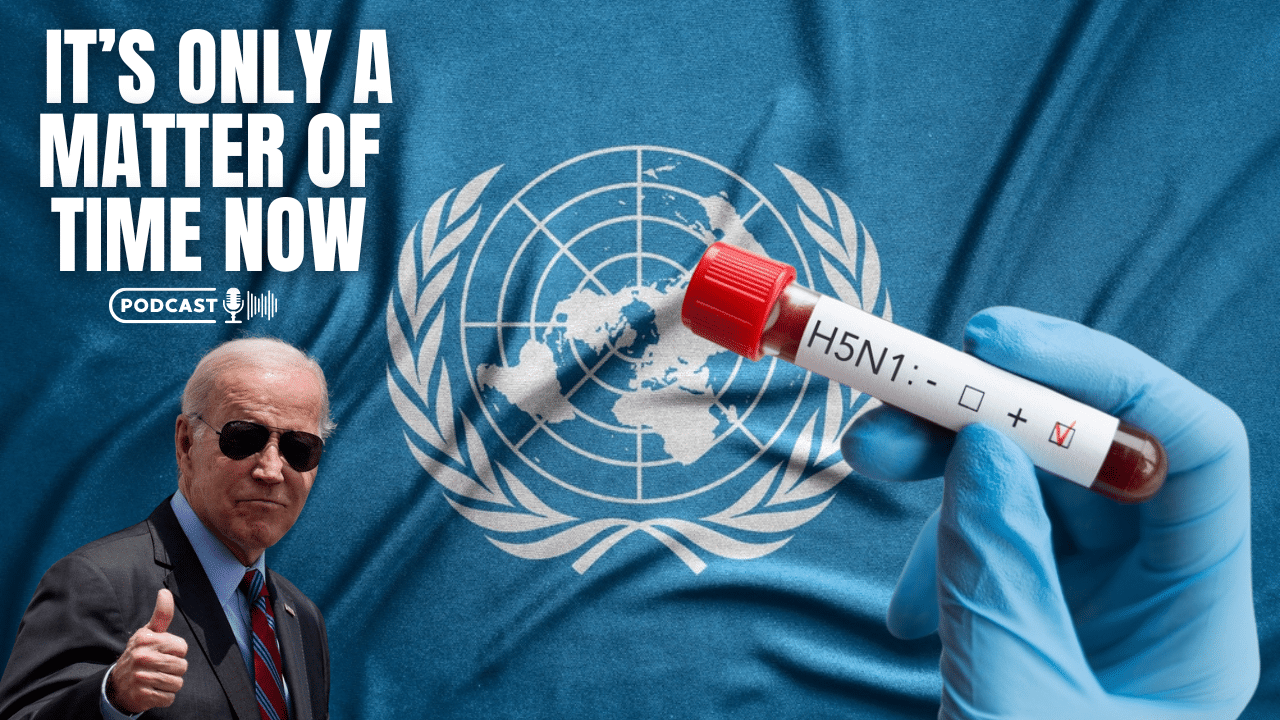(OPINION) A new book aimed at “exposing the billionaire class” says Microsoft co-founder Bill Gates’ investments in patented fertilizers, fake meat and U.S. farmland aren’t saving the planet but rather enriching his bank account.
“Controligarchs,” which hits bookshelves Tuesday, examines billionaires like Bill Gates and how their wealth controls the levers of power that dominate the everyday life of average Americans.
Author and investigative journalist Seamus Bruner — who led teams whose findings sparked multiple FBI investigations and congressional probes into the Clinton and Biden families —
says that his research uncovered Gates’s efforts to buy up American farmland and invest in synthetic dairy and lab-grown meats in the name of preventing climate change. In the process, Bruner says, Gates is doing more to inflate his net worth than eliminate carbon emissions.
“First, it was patented seeds and patented fertilizers, and now they are patenting meat alternatives. Banning cattle would grant effective monopolies to the alternative protein companies and benefit investors such as Bill Gates, Jeff Bezos, Mark Zuckerberg and even BlackRock. Fake meats are about controlling the food market, not saving the planet,” Bruner said in an interview with Fox News Digital.
Peter Schweizer, author of “Red-Handed,” “Clinton Cash” and “Profiles in Corruption,” wrote the forward to “Controligarchs” in which he said the book “peers into the future and provides a haunting and revelatory exposé of the leftist elite’s playbook for the next five years.”
One chapter of the book focuses on “the war on farmers” and makes the case that tech giants like Gates are monopolizing the nation’s food supply.
“The takeover of the food system, like so many other control schemes in this book, began with the Rockefellers and was advanced by Bill Gates. Like most of their monopolies — from oil to software and eventually biotechnology — the takeover of food is all about controlling the intellectual property of food production through trademarks, copyrights, and patents,” the book states.
Bruner outlines Gates’ connection to “the Green Revolution” – a series of agricultural advances made possible by Rockefeller-funded research and design in the 1940s to help solve the crises of poverty and starvation at the time.
“The Green Revolution was simultaneous proof that problems like poverty and famine could be solved through human innovation and that the solutions, such as genetically modified pesticide-resistant crops, can present new problems like pollution, resource exhaustion and the consolidation of small-scale and family-owned farms into giant corporate-controlled farms,” it reads.
“But rather than take responsibility for the new problems, the Rockefellers took all the credit for the crop abundance while blaming the new problems on the convenient scapegoat of climate change,” Bruner writes.
“Now, the Controligarchs claim they can solve the climate crisis with new patented miracle products that happen to make themselves even richer and, once again, at the expense of small-scale independent farmers,” he adds.
Bruner documents the outrage of farmers around the world after the push to ban more traditional and affordable crop nutrients, and he notes that restrictions on traditional fertilizer that the farmers said would bankrupt them were only put into place “after Gates and his buddies had secured the intellectual property for the replacement fertilizers.”
Bruner continues that “for more than a decade, as he was targeting the fertilizer industry, Bill Gates has also been quietly buying up large swaths of American farmland.”
“All told, Gates has spent over $1 billion dollars on farm acquisitions and the Agenda 2030-compliant technologies they now employ,” Bruner says. Agenda 2030 is a United Nations initiative purported to target “eliminating extreme poverty, reducing inequality, and protecting the planet.”
“When Gates buys tens of thousands of acres, he is not just buying the land — he is also buying the rights to water below ground. In addition to farms (and the irrigation) and fertilizer, Gates has been hunting for sizable interests in water and water treatment — a crucial component when seeking to control the agricultural industry,” Bruner notes.


















